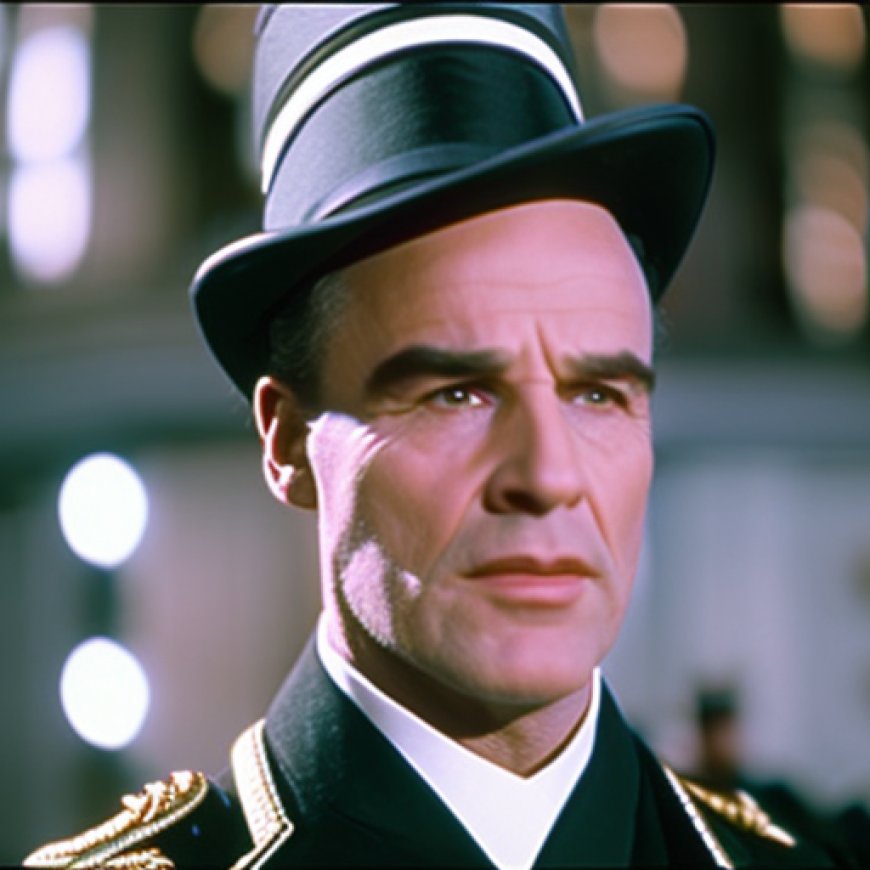Butler to make Higher Education more Attainable after $2.5 Million Donation


Butler University to Open Founder’s College in 2025
INDIANAPOLIS— Butler University is looking to make college education more accessible than ever before.
The University recently announced they will open Founder’s College in August of 2025 with a 2-year degree option.
The college aims to respond to gaps in college attendance by helping historically underserved communities with an affordable financial model and support systems.
Sustainable Development Goals (SDGs)
- Goal 4: Quality Education
- Goal 10: Reduced Inequalities
Low College Attendance Rates in Indiana
The announcement comes after just 53% of Indiana High School graduates chose to attend college in 2023.
It’s dropped 10% since 2015.
“With a 53% college going rate, we have to recognize that a large percent of those students are also African American students, Hispanic, brown, you know, black and brown students, but students who are simply saying, we need some help,” explained the college’s inaugural Dean, Dr. Carolyn Gentle-Genitty. “Those who still want a high quality, rigorous, elite degree, that’s what Butler’s offering.”
Philanthropic Donation

On Tuesday, the University announced that Indianapolis Philanthropist, and Butler alumnus Marianne Click and her spouse Mike Woods will donate $2.5 million to the Founder’s College.
In a release, Glick claimed she was thrilled Butler was establishing the program.
“Providing affordable education at a high-quality school like Butler for those that have historically not been able to go is transformational,” Glick said.
Leading the Way in Higher Education
Butler isn’t alone.
Earlier this year, Indiana Senate Bill 8 called on all Indiana colleges and Universities to offer three-year degree programs by July of 2025.
Butler hopes they can lead the way in making higher education attainable.
“We’re making sure that we’re offering one that’s affordable as wraparound services, where students see themselves with career opportunities,” Gentle-Genitty explained.
SDGs, Targets, and Indicators
| SDGs | Targets | Indicators |
|---|---|---|
| SDG 4: Quality Education | 4.3: By 2030, ensure equal access for all women and men to affordable and quality technical, vocational, and tertiary education, including university | No specific indicators mentioned in the article |
| SDG 10: Reduced Inequalities | 10.2: By 2030, empower and promote the social, economic, and political inclusion of all, irrespective of age, sex, disability, race, ethnicity, origin, religion, or economic or other status | No specific indicators mentioned in the article |
1. Which SDGs are addressed or connected to the issues highlighted in the article?
SDG 4: Quality Education
The article highlights Butler University’s initiative to make college education more accessible by opening Founder’s College with a 2-year degree option. This aligns with SDG 4, which aims to ensure inclusive and equitable quality education for all.
SDG 10: Reduced Inequalities
The article mentions that Butler University’s goal is to help historically underserved communities with an affordable financial model and support systems. This relates to SDG 10, which focuses on reducing inequalities and promoting social inclusion.
2. What specific targets under those SDGs can be identified based on the article’s content?
Target 4.3: By 2030, ensure equal access for all women and men to affordable and quality technical, vocational, and tertiary education, including university
The article mentions that Founder’s College aims to respond to gaps in college attendance by providing an affordable financial model and support systems. This aligns with the target of ensuring equal access to affordable and quality tertiary education.
Target 10.2: By 2030, empower and promote the social, economic, and political inclusion of all, irrespective of age, sex, disability, race, ethnicity, origin, religion, or economic or other status
The article highlights Butler University’s efforts to help historically underserved communities, including African American students and Hispanic students. This aligns with the target of promoting social inclusion and reducing inequalities based on various factors.
3. Are there any indicators mentioned or implied in the article that can be used to measure progress towards the identified targets?
No specific indicators are mentioned or implied in the article that can be used to measure progress towards the identified targets.
Source: wrtv.com








